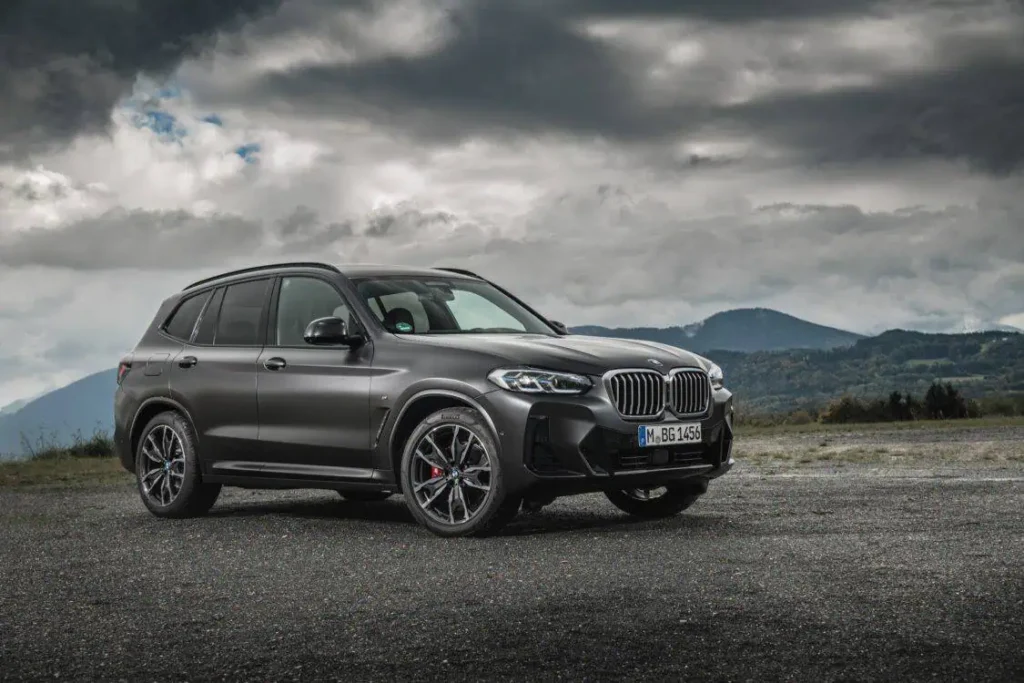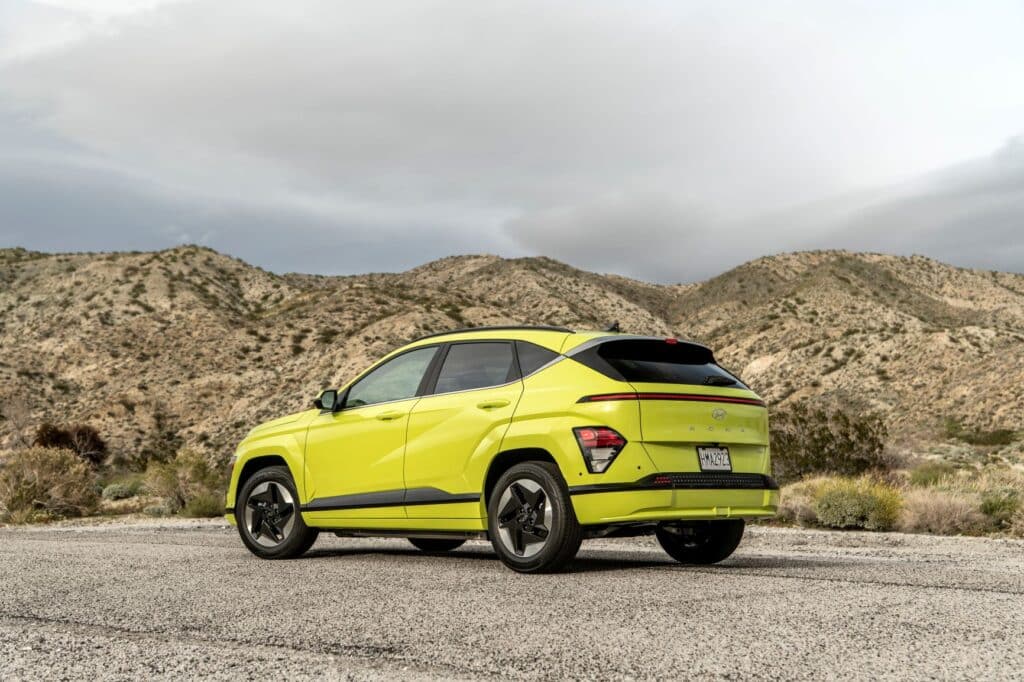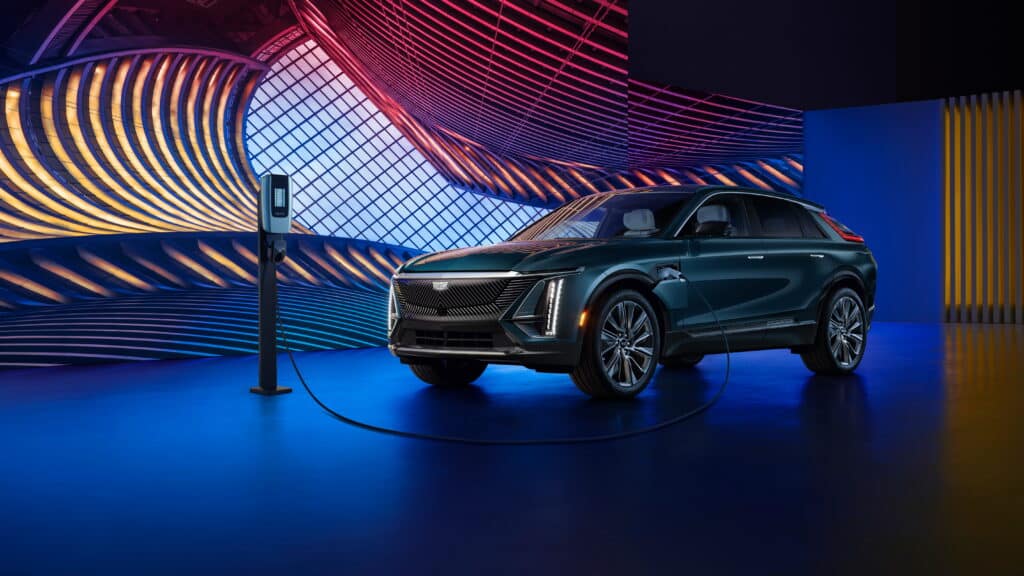New Report Shows Non-luxury EV Registrations Continue to Grow Year-Over-Year in US
The shift toward non-luxury electric vehicles (EVs) as reflected in Experian’s Automotive Consumer Trends Report for Q2 2024 highlights the broadening appeal of EVs. With non-luxury EVs increasing their market share from 22.7% to 26.6% in Q2 2024, it demonstrates that more affordable and mainstream options are entering the market, making EVs accessible to a wider audience. Meanwhile, the year-over-year decline in the share of luxury and exotic models, from 77.3% to 73.4%, suggests that while premium EVs still dominate, their hold on the market is weakening as consumer preferences shift toward practicality and affordability.
This trend also speaks to the overall growth in EV adoption. With the number of EVs on the road rising from 2.7 million in 2023 to more than 3.5 million in Q2 2024, EVs are gaining significant traction. This expansion is likely driven by factors like increasing charging infrastructure, and government incentives, making EVs more attractive for everyday drivers.
While sales are growing more slowly in 2024 than in recent years, it’s important to note that EV sales continue to grow and are not falling. Reports saying EV sales are cooling, slowing, or falling are completely untrue and are symptoms of vast anti-EV misinformation, as well as journalistic incompetence. The proper way to describe EV sales in 2024 is to call it an EV sales growth slowdown, as only growth has slowed.

“Not only are we seeing overall growth in EV registrations, but more consumers are opting for non-luxury EVs as manufacturers roll out new models,” said Kirsten Von Busch, Experian’s director of product marketing for automotive. “With the EV clientele continuing to grow, there is an increased desire for functionality and affordability, something automotive professionals should keep in mind as they find ways to reach their respective audience.”
The non-luxury EV market share dynamics in Q2 2024 reveal notable shifts among key automakers as they compete for dominance. Ford maintained its lead in the non-luxury EV segment, capturing 21.9% of the market, though this represented a slight decline from 24.0% last year. Hyundai experienced significant growth, climbing from 15.2% to 19.3%, highlighting the brand’s increasing influence in the EV space.
Chevrolet, on the other hand, saw a steep decline, dropping from 24.2% to 13.2%, which could be attributed to changes in its EV lineup or production constraints. GM’s decision to pull its popular Bolt for the 2024 model year was most likely a large part of this loss. Kia, showing consistent growth, increased its market share from 9.2% to 12.5%, reinforcing its role as a strong contender. One example of Hyundai Group’s strong EV lineup is the 2025 Kia Kona EV, a very impressive vehicle. Volkswagen also experienced a decline, falling from 15.8% last year to 11.2% this quarter, possibly due to challenges in scaling up its EV production or increased competition from other brands. VW’s strong EV lineup includes the ID.4, ID.Buzz and ID.7.

Overall, this shift suggests that brands like Hyundai and Kia are gaining ground, while traditional players like Chevrolet and Volkswagen are seeing more competition in the rapidly expanding non-luxury EV segment.
General Motors (GM) experienced a notable surge in electric vehicle (EV) sales in mid-2024, delivering 21,930 EVs in Q2 and nearly matching that figure with almost 21,000 units sold in July and August alone, according to CNBC. This strong performance is largely driven by GM’s diversified EV lineup, which now spans both affordable and luxury segments. The introduction of models like the Chevy Equinox EV, catering to budget-conscious consumers, and the luxury Cadillac Lyriq, aimed at premium buyers, has allowed GM to capture a broader range of market segments.

Consumers Remain Committed to EVs
The data from Q2 2024 highlights strong loyalty among electric vehicle (EV) owners, with 77.4% choosing to replace their current EV with another, underscoring their satisfaction with the fuel type. However, a smaller portion—16.2%—switched back to gasoline-powered vehicles, while 3.2% opted for hybrids, indicating some variability in preferences. This debunks a claim from a dubious recent study by McKinsey saying that 46% of U.S. EV owners claimed they were likely to switch back to internal combustion engine vehicles (ICEs), which duped many Americans.
81% of households with at least one EV also own a gasoline-powered vehicle, reflecting the continued need for versatility and range that traditional vehicles provide. Meanwhile, 14% of these households also own a hybrid. Furthermore, 12% of households have added another EV. These trends signal a balancing act between transitioning to cleaner energy sources and maintaining the practicality that gasoline-powered vehicles still offer.
“EVs have become a compelling choice over recent years as we continue to see adoption rise, but consumers are still relying on their gasoline-powered vehicles,” Von Busch continued. “It’s possible that many are keeping a secondary vehicle to have the convenience of everyday driving while reserving the traditional fuel type for longer trips.”
Experian’s EV Insights
Experian’s Automotive Consumer Insights provides a detailed look into evolving automotive market trends, focusing on a specific vehicle segment each quarter. Key highlights from the report include:
Vehicle Population: Data on how many of the featured vehicles are currently on the road, tracking growth or decline in the segment.
Geographic Distribution: Insights into where these vehicles are concentrated geographically, and any shifts in registrations that affect regional distribution patterns.
Manufacturer Sales: Analysis of which manufacturers are leading in the segment, and how market share is evolving between different automakers.
Consumer Behavior: Examination of who is buying these vehicles, including which brands and models are gaining or losing share, providing a snapshot of market dynamics.
Demographic and Psychographic Profiles: A deep dive into the characteristics of consumers registering these vehicles, offering demographic data such as age, income, and location, as well as psychographic insights related to their lifestyle and preferences.
Industry News and Market Analysis: In-depth commentary on broader industry developments, including economic factors, technology trends, and regulatory impacts that influence the automotive landscape.
This comprehensive approach provides automakers, dealers, and industry stakeholders with a clear understanding of consumer behavior, market shifts, and competitive positioning in the automotive industry.
To learn more about EV insights, view the full Automotive Consumer Trends Report: Q2 2024 presentation.

Electric Vehicle Marketing Consultant, Writer and Editor. Publisher EVinfo.net.
Services